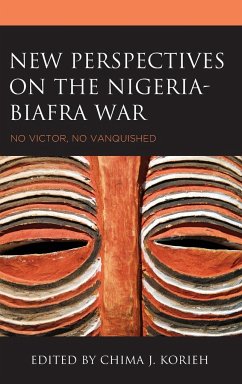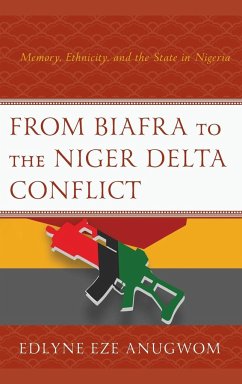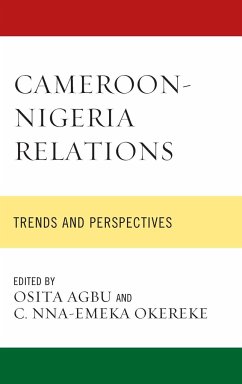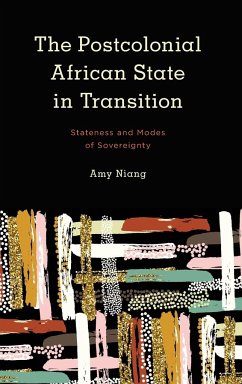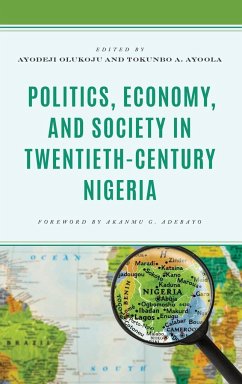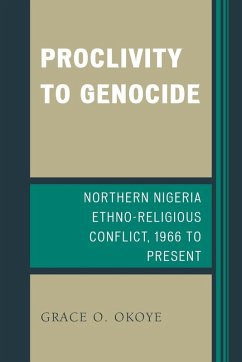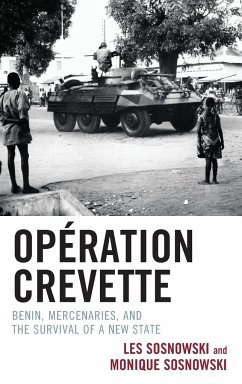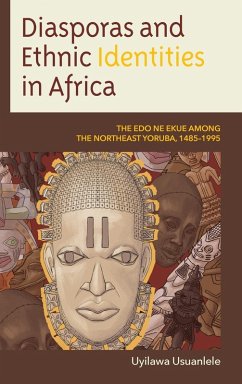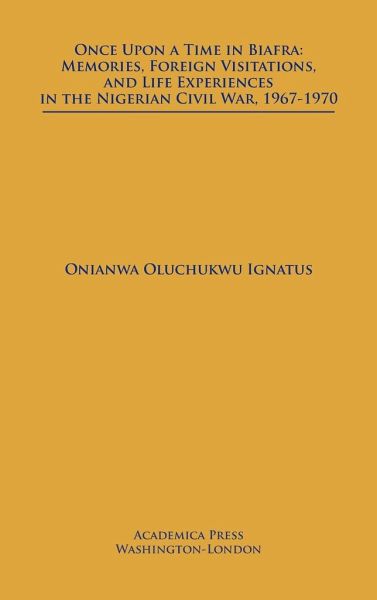
Once Upon a Time in Biafra
Memories, Foreign Visitations, and Life Experiences in the Nigerian Civil War, 1967-1970
Versandkostenfrei!
Versandfertig in 1-2 Wochen
146,99 €
inkl. MwSt.

PAYBACK Punkte
73 °P sammeln!
In Once Upon a Time in Biafra, the prolific Nigerian historian Onianwa Oluchukwu Ignatus has produced an unprecedented study of prominent individuals from across the globe who visited the Republic of Biafra and Federal side of the Nigerian Civil War of 1967-1970. This innovative new study contributes much to restoring the memory of the civil war, which has faded in recent decades. There is no better way to take a glimpse of how life was in Biafra as well as the Federal side of the war other than a careful study of reports of those who visited these troubled areas. Apart from those who were on ...
In Once Upon a Time in Biafra, the prolific Nigerian historian Onianwa Oluchukwu Ignatus has produced an unprecedented study of prominent individuals from across the globe who visited the Republic of Biafra and Federal side of the Nigerian Civil War of 1967-1970. This innovative new study contributes much to restoring the memory of the civil war, which has faded in recent decades. There is no better way to take a glimpse of how life was in Biafra as well as the Federal side of the war other than a careful study of reports of those who visited these troubled areas. Apart from those who were on ground and participated actively in the civil war, the reports of those who visited war territories offer another major source for historians to understand wartime life experiences on both sides. Individual reports analyzed in this book include reports presented to both the British and United States governments, some official visitors sent by their nations and others invited guests of either the Biafran government or the Federal military government of Nigeria. They included parliamentarians, journalists, medical personnel, government officials, and religious leaders, among others. Reportage about life on both sides of the Nigerian Civil War, particularly in Biafra, is striking commentary on wartime experiences that have become part of the historiography and memory of the Nigerian Civil War. As Ignatus explains, these experiences of foreigners have helped to define the legacies of that conflict with regard to individual contributions and the roles of both civilians and military personnel. Observation of everyday life serves as a way of understanding how people lived and adapted to conflict situations, and offers an equally worthy guide for efforts towards healing the war's enduring wounds.



